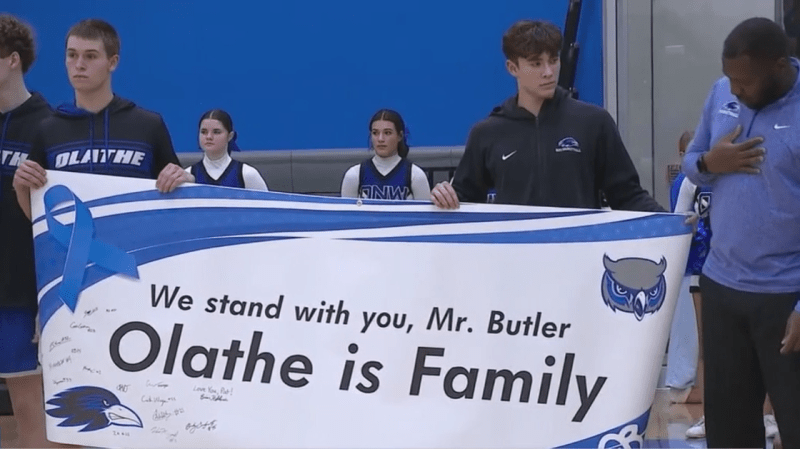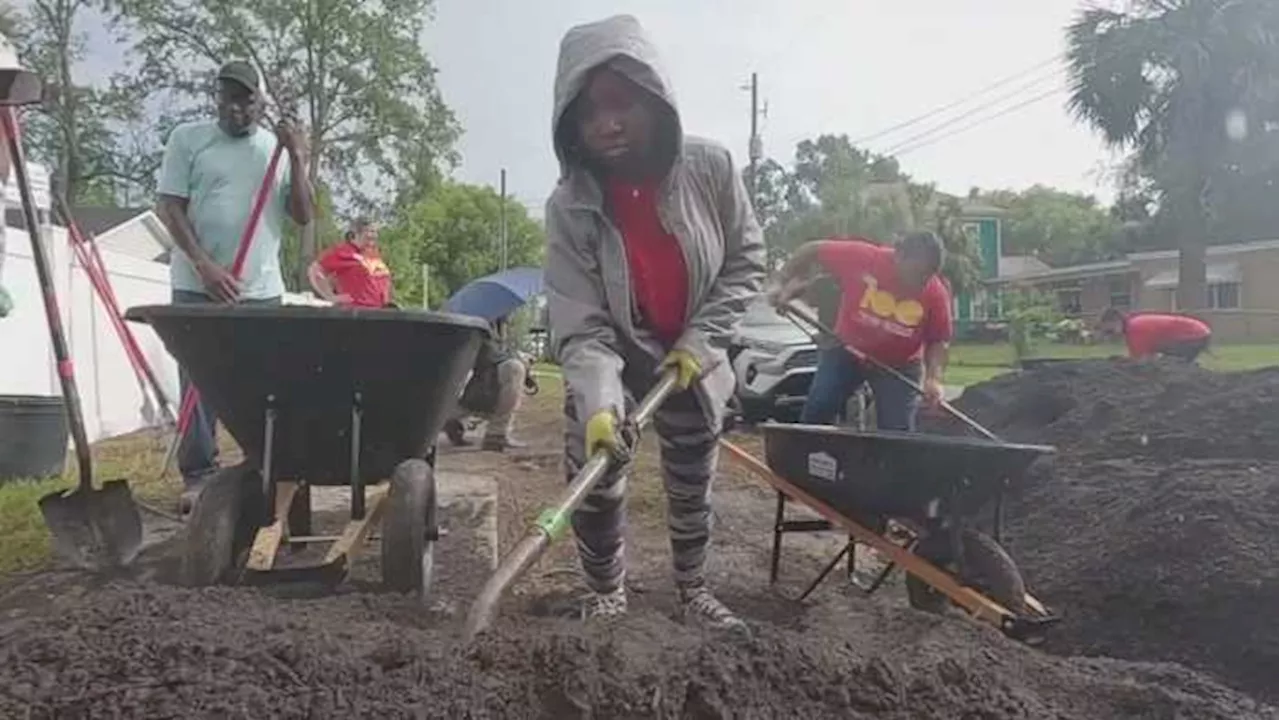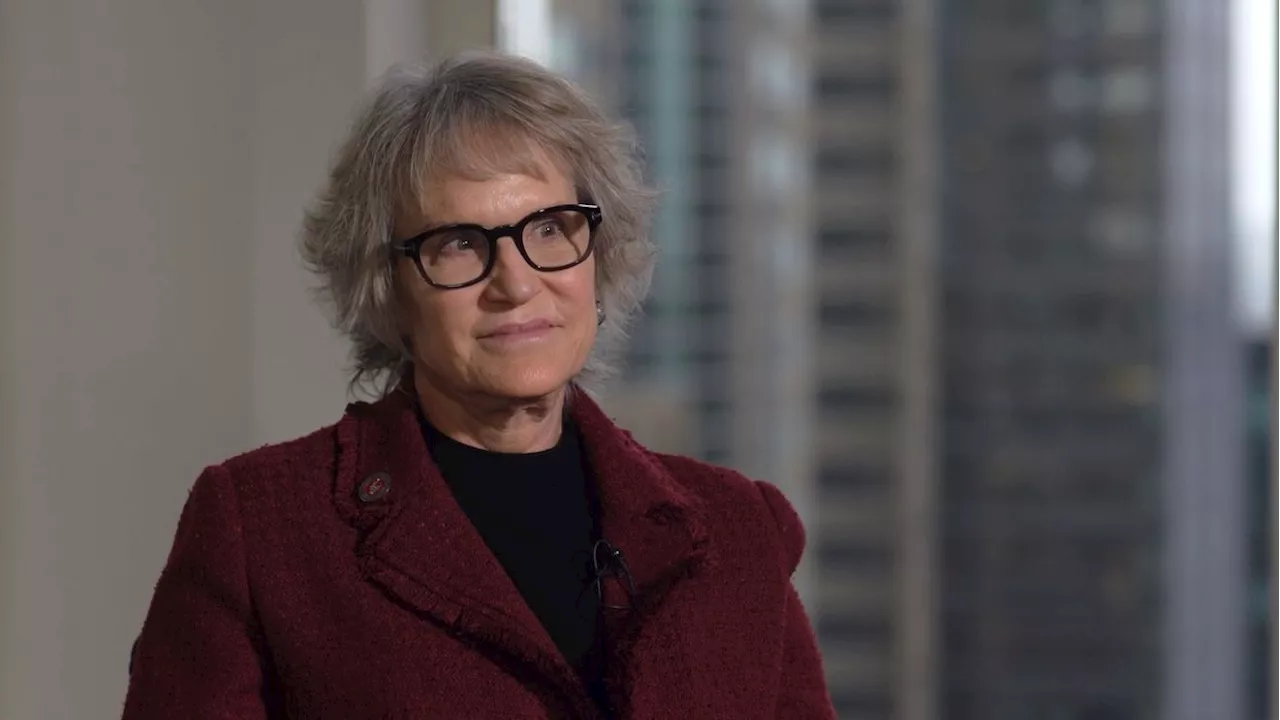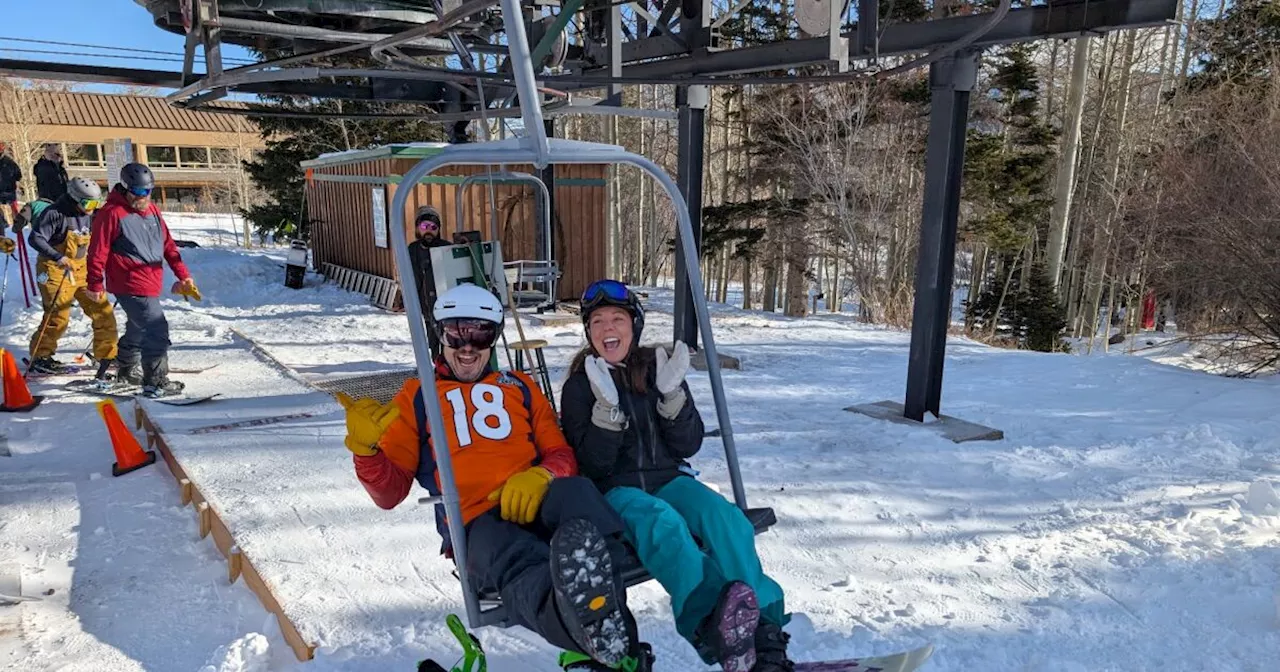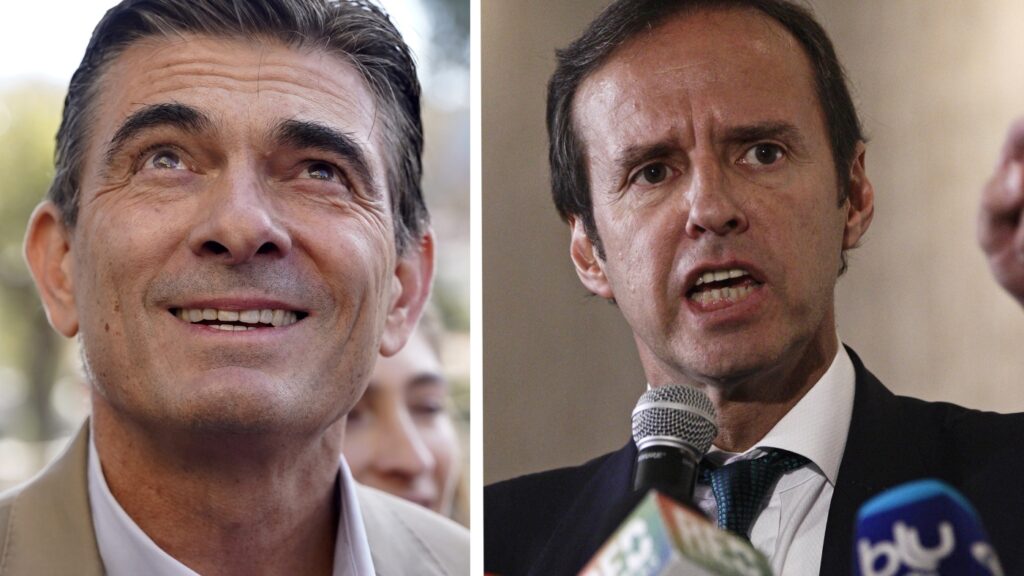
FILE - This combination photo shows presidential candidates Rodrigo Paz, left and Bolivia's former President Jorge Quiroga, right. (AP Photos/Freddy Barragan, Arnulfo Franco)
UPDATE: Bolivia is set for an unprecedented presidential runoff on October 19, 2023, following a pivotal vote that has shattered over two decades of left-wing dominance. Early results from Sunday’s election revealed that centrist candidate Senator Rodrigo Paz led with 32.8% of the votes, but fell short of the required majority for an outright win. He will now face off against right-wing former President Jorge “Tuto” Quiroga, who garnered 26.4% of the vote, in a critical showdown that could reshape Bolivia’s political landscape.
This runoff marks Bolivia’s first since its return to democracy in 1982, highlighting a significant shift in voter sentiment. With over 91% of ballots counted, the results signal a reluctance among voters to fully embrace a rightward shift while also rejecting the policies of the long-dominant Movement Toward Socialism (MAS) party.
Paz, celebrated by supporters as a fresh face for change, has distanced himself from the austerity measures proposed by his opponents, aiming to rescue Bolivia from economic turmoil. “Always Bolivia, everything for Bolivia,” he declared to enthusiastic crowds, emphasizing the need for a new economic model.
The MAS party, which has controlled Bolivia for years, faced a devastating blow as its candidate, Eduardo del Castillo, finished in sixth place with only 3.2% of the vote. This loss reflects growing public discontent with the party’s handling of the economy under President Luis Arce, whose tenure has seen inflation soar from 2% to over 16% in less than two years, alongside crippling fuel shortages and a lack of U.S. dollars for essential imports.
In a statement, Quiroga acknowledged the historic significance of the results, saying, “What happened is unprecedented. Bolivia told the world that we want to live in a free nation.” His remarks underline the palpable shift as voters express their desire for a change from the status quo.
The election results have shattered expectations, with many polls predicting a different outcome favoring Quiroga and businessman Samuel Doria Medina. Doria Medina, marking his fourth unsuccessful presidential run, expressed his disappointment, stating, “I wanted to serve Bolivia as president, and it hasn’t been possible.”
Despite their promises of reform, both Quiroga and Doria Medina struggled to energize the electorate, as their associations with previous neoliberal governments left many voters wary. In contrast, Paz has managed to capture the sentiment of those yearning for a new direction while criticizing the MAS’s past policies.
As Bolivia prepares for this historic runoff, the stakes could not be higher. Voters are keenly aware that their choice on October 19 will determine the country’s trajectory amid ongoing economic challenges and social unrest. The results from this election will not only impact Bolivia’s immediate future but could also signal a broader shift in the political landscape of Latin America.
With emotions running high and tensions palpable, all eyes will be on Paz and Quiroga as they gear up for a decisive battle that promises to reshape Bolivia’s political and economic future.
